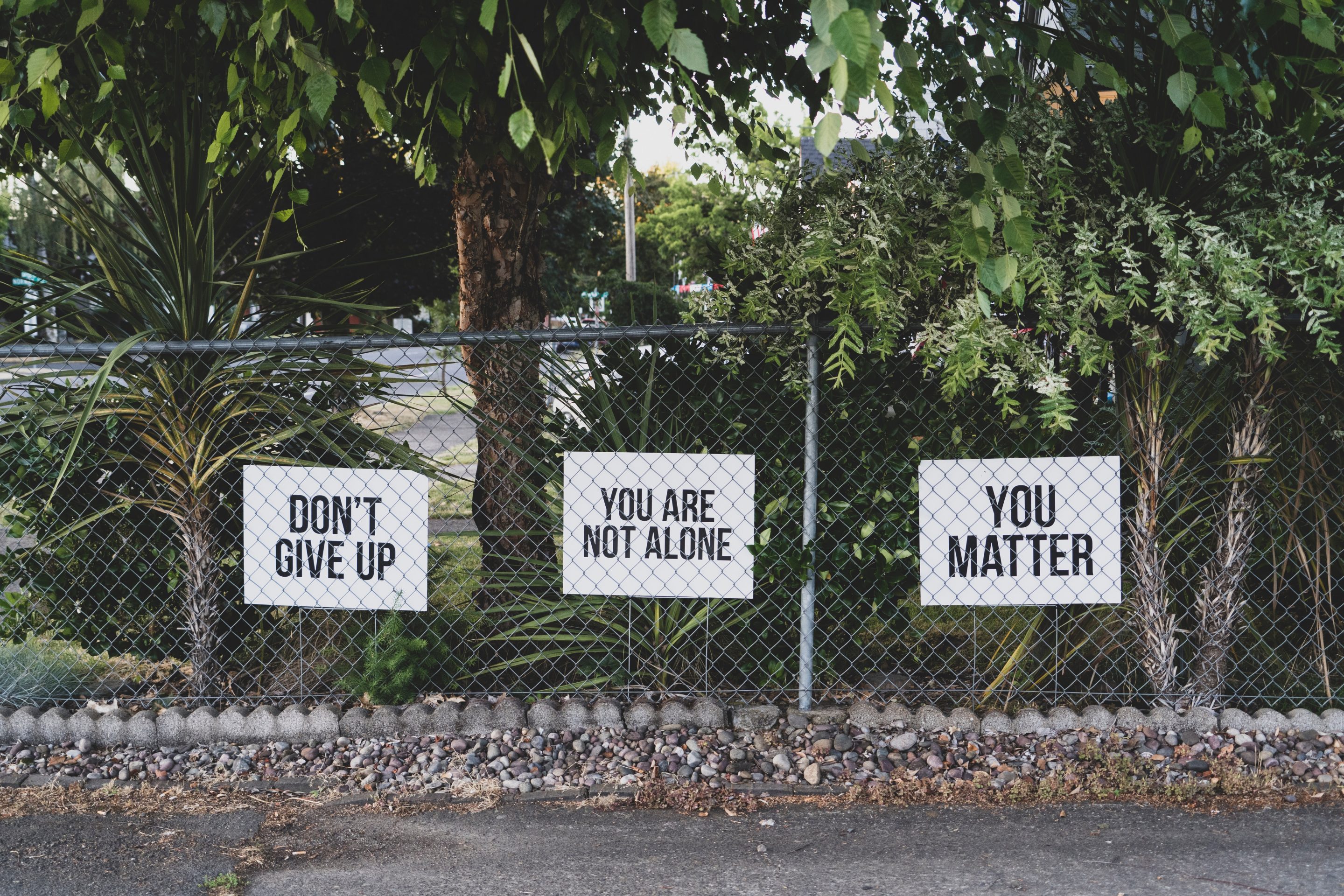What does the stigmatization of mental health mean? ”Mental health stigma refers to societal disapproval, or when society places shame on people who live with a mental illness or seek help for emotional distress, such as anxiety, depression, bipolar disorder, or PTSD,” Medical News Today quoted. Unfortunately, a lot of us have been in this spot whether we want to admit this or not. There is a huge stigmatization of mental health that needs to be addressed. Mental illness is something that cannot be controlled, It is either caused by a chemical imbalance in your brain or by trauma in some way. While there’s medication, therapy, medical marijuana, and ribbons dedicated to mental health—people are still shamed for having mental health issues. Even though it’s protected in the Equality Act, people don’t see mental health as a disability even though it can completely hinder someone’s life.
Statistics of Mental Health
NAMI (National Alliance of Mental Health) reported that 1 in 20 people in the United States will suffer from severe mental illness. Think about that from the perspective of being in a restaurant…at least 2 people in there with you could be suffering from mental illness. Not only that, but NAMI also states that lifetime long mental illness starts at 14 years old. So why is there so much stigma? For something that is so common in the United States, why are we so reluctant to talk about it? Why are there no mental health days in the workplace or school?
What Can You Do?
The biggest thing to prevent the stigmatization of mental health is having proper education. If you know the signs, you stand up for what is right, the rest will follow. The most difficult thing about learning about mental health is accepting that you or one of your loved ones suffer with it—but there is no shame. You are not alone and wanting to learn more about it is a great accomplishment. Take the time to learn about organizations like NAMI and the Trevor Project. You can learn how you can help people and expand your own network so that you can learn more about how mental health can affect someone. In order to break the stigmatization, we need to learn about it. To find ways to coexist with those who do not experience it, and from there the stigma will diminish.
